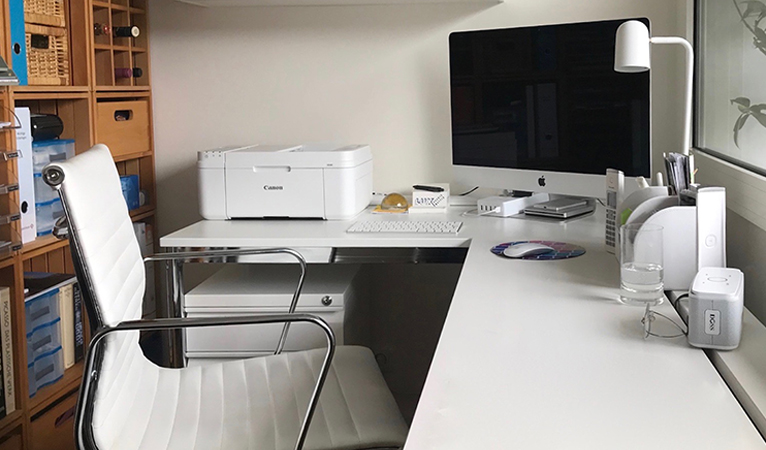API 5L pipe suppliers

1.What does API mean in steel?
API stands for the American Petroleum Institute. API usually refers to steel products that meet the standards set by the API and are used in the oil and gas industry. These standards ensure that the steel used in oil and gas pipelines and other equipment is high quality and can handle the industry's specific needs.
API steel usually comes from pipe, plate, or tubing. It is used to build drilling equipment, pipelines, and storage tanks. The API sets standards for the mechanical and chemical properties of the steel used in these applications and testing and inspection procedures.
These rules ensure that the steel can handle the high-pressure and corrosive conditions common in the oil and gas industry. API also sets standards for how steel products should be coated and marked so they can be easily found and tracked during shipping and installation.
- What are the manufacturing types of API 5L grade b pipe?
API 5L Grade B pipe is the standard specification for line pipe in the oil and gas industry. It encompasses oil, natural gas, and other fluids that need to be moved through steel pipes that are either seamless or welded. API 5L Grade B is made in several ways, including:
Electric Resistance Welding (ERW): ERW pipe is made by rolling a flat piece of steel into a cylinder and then welding the edges together to make a seam.
EFW stands for Electric Fusion Welded: EFW pipe is made by heating a flat piece of steel until it becomes flexible, then bending and welding it into a cylindrical shape.
Submerged Arc Welding (SAW): SAW pipe is made by welding together a flat steel plate and a flat steel strip that has been rolled into a cylinder shape.
Seamless: To make a seamless pipe, round steel is heated and pierced through the middle to make a hollow tube.
High-frequency induction (or HFI): HFI pipe is made by heating the edges of a steel strip with a high-frequency electric current.
- What are the different gradesof API 5L pipe?
API 5L pipe comes in different grades, such as:
API 5L Gr. B(Psl1&Psl2)
API 5L x42(Psl1&Psl2)
API 5L x46(Psl1&Psl2)
API 5L x52(Psl1&Psl2)
API 5L x56(Psl1&Psl2)
API 5L x60(Psl1&Psl2)
API 5L x65(Psl1&Psl2)
API 5L x70(Psl1&Psl2)
API 5L x80(Psl1&Psl2)
API 5L x90(Psl1&Psl2)
API 5L x100(Psl1&Psl2)
The number represents the pipe's minimum yield strength in thousand psi. "Psl" stands for "Product Specification Level." A Psl-1 pipe is of standard quality, while a Psl-2 pipe is of higher quality and requires much testing and certification.
API 5L pipe is a standard Line Pipe used to carry oil, gas, and water over long distances. The grades of API 5L pipe are based on their yield strength, and they are meant to be used in pipelines. Each grade has minimum requirements for the pipe's yield strength and toughness. The higher the grade, the higher the yield strength and the harder it is to use.
- What are the specification levels of API 5L grade b pipe?
There are two product specification levels (PSL) for API 5L grade B. They are Psl1 and Psl2.
The pipe's chemical makeup and mechanical properties differentiate PSL 1 from Psl2. Psl2 pipe must meet stricter chemical composition requirements and have a higher minimum yield, tensile, and impact strength at a lower temperature.
Also, the Psl2 pipe must be checked for the following additional needs:
- Hydrostatic Testing
- Nondestructive Electric Testing
- Additional Tension Test
- Flattening Test
- Bending Test
- Impact Test
- Hardness Test
- Grain Size Determination
- Dimensional Inspection
API 5L pipe suppliers offer different kinds of pipes with other specs to meet the needs of various industries. They also make solutions that are tailored to the needs of each customer. Companies can ensure they get high-quality materials that meet their needs on time.
- What is the procedure for importing API 5L pipe into Turkey?
Importing API 5L pipe into Turkey is a multi-step process that includes getting the right paperwork, meeting government requirements, and making customs clearance and delivery plans.
Get the necessary paperwork: This means getting a commercial invoice, a bill of lading, and any other documents that Turkish customs require.
Meet regulatory requirements: Make sure the API 5L pipe meets the rules and standards set by the Turkish government. It also needs a license to bring the API 5L pipe into the country.
Clear the goods through customs: This includes paying import duties and taxes and giving Turkish customs all the necessary paperwork.
Arrange for delivery: Once the pipe has passed through customs, set up delivery to Turkey.
It is also important to note that importers must follow all Turkish rules and regulations, including safety, labeling, and packaging.
RECOMMENDED FOR YOU
What are the advantages of the best infant car seats?
July 20, 2024









